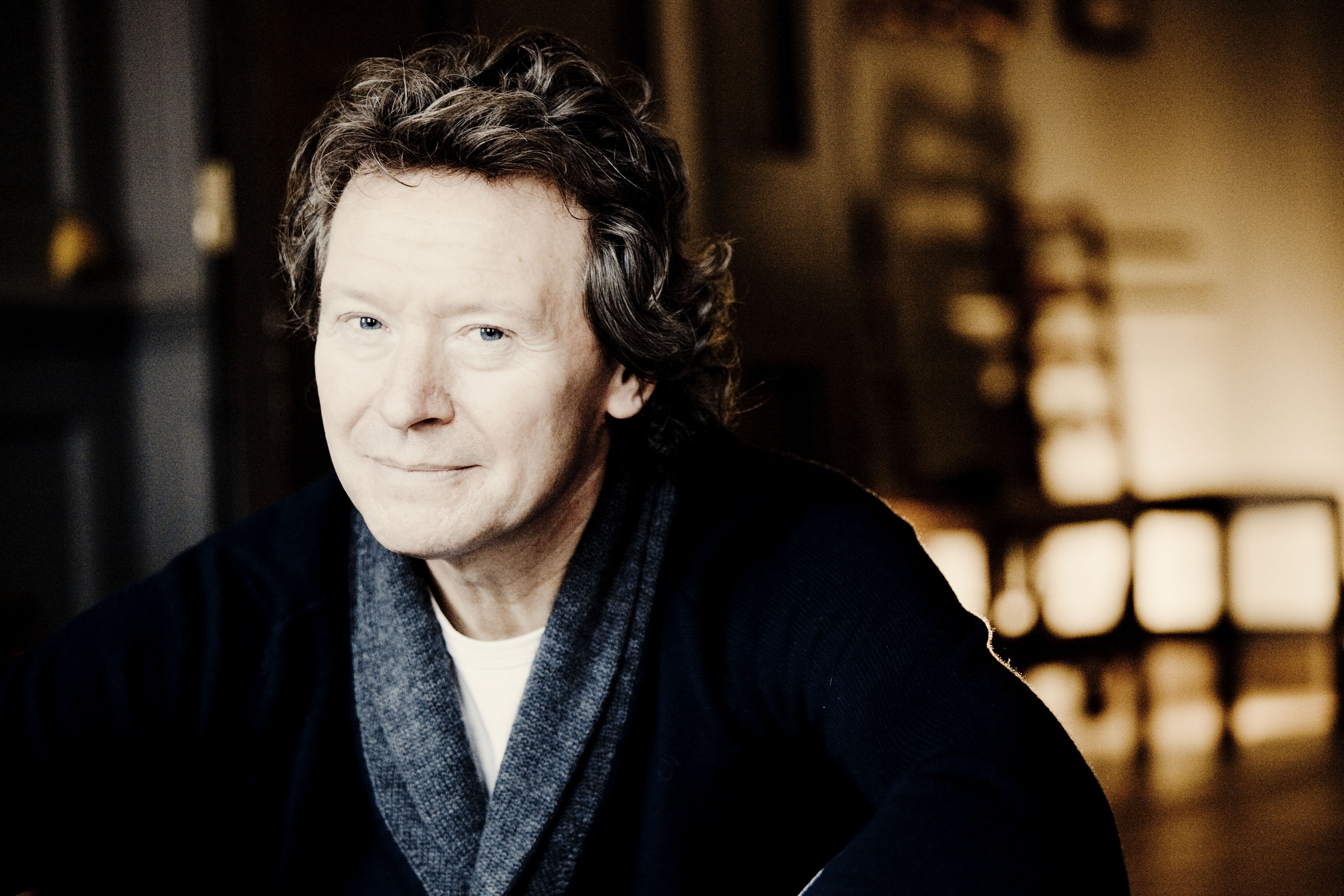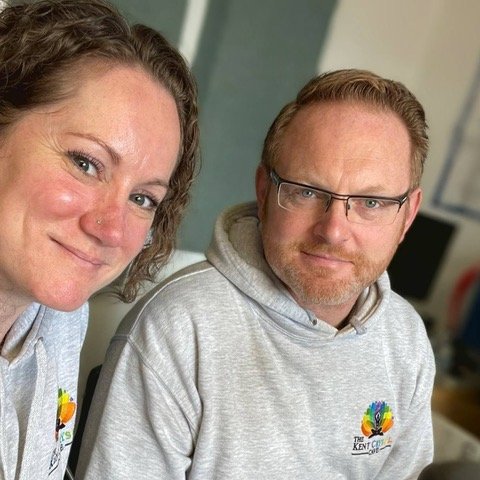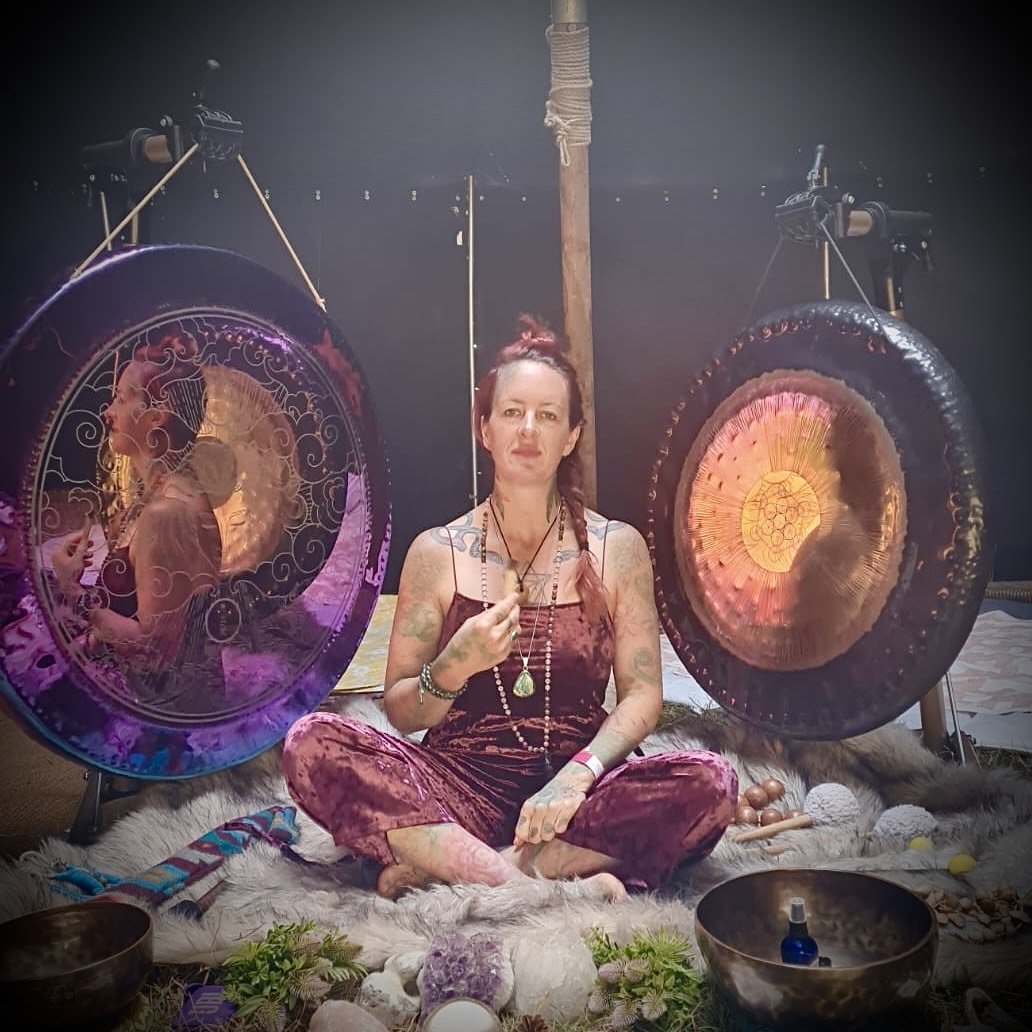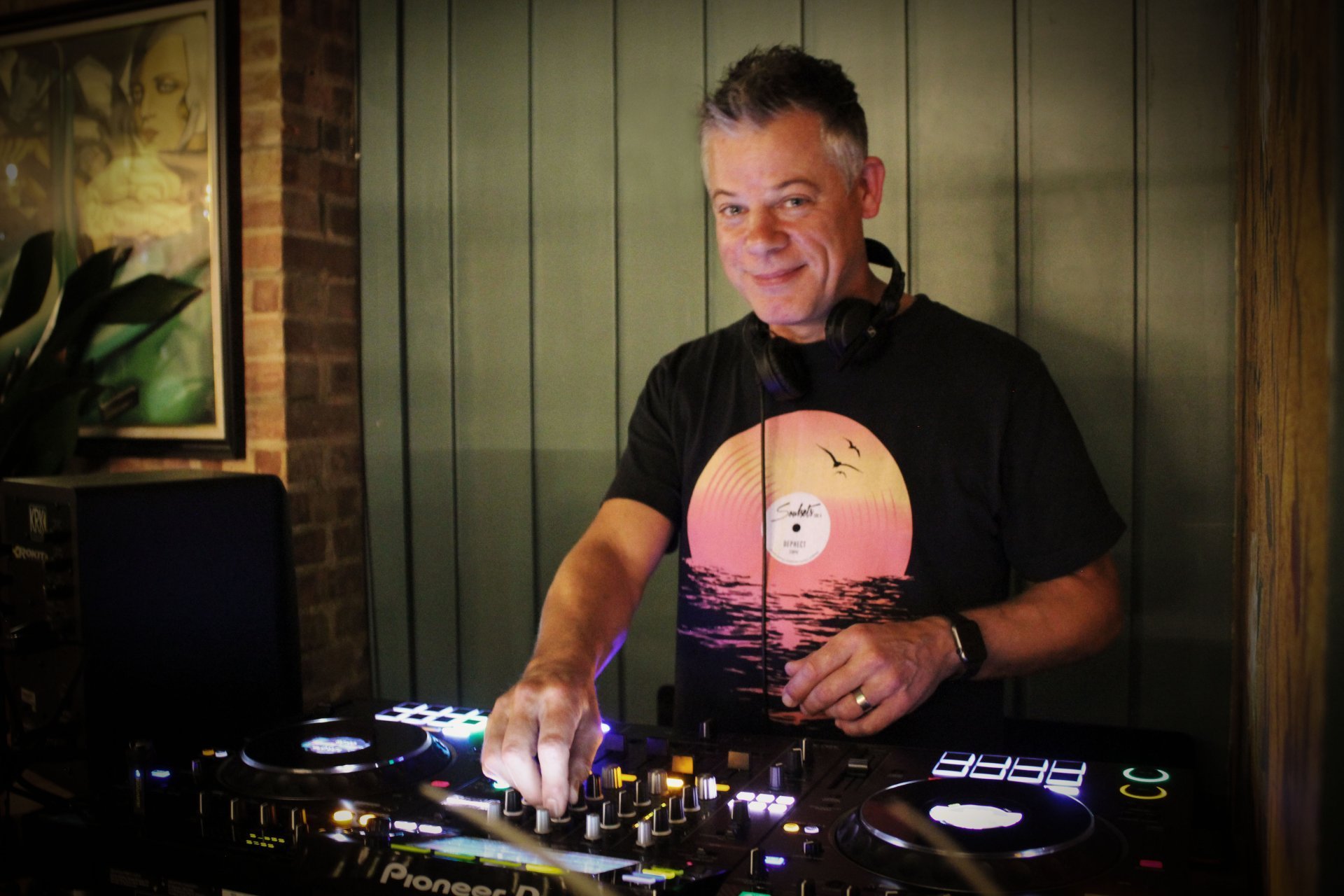1. Harry, what is your earliest memory of music and can you identify how and when it started to hold an importance for you?
My mum playing Christmas carols in the pub. She had been a good pianist in her school days (that was post WWI) but with bringing up four children in difficult circumstances meant she didn’t really get any opportunity to practice but when I was growing up I thought she was pretty good. I am the youngest of four boys, my eldest brother, John, was born during WW2 and William and Ronnie just after the war – I was a bit of an afterthought!
2. Where did you grow up and how, if any, do you think the area influenced your career and connection with music?
I was born in The Peacock Inn, Goudhurst, surrounded by hop fields, right in the heart of Kent, in the Garden of England. My dad was the publican and as I’ve mentioned above my earliest musical memories were singing along with the local farmers Christmas carols with my mum busking along at the upright piano in the saloon bar. I can’t, in all honesty, say that Goudhurst influenced my career or indeed my connection with music. But what happened next most certainly did. When I was nine we had to move to Canterbury. My dad had a little tobacco and confectionery shop in Castle Street and I was lucky enough to become a chorister at Canterbury Cathedral. A magical world of music, that I had never imagined possible, opened up for me. Imagine a kid from the depths of the country walking into the magnificence of a Norman cathedral, let alone singing in it. We had the most amazing choirmaster in Allan Wicks; he taught us not only a love of singing but the joy of making music. I am totally indebted to those early years and, quite frankly, Allan has been the single greatest influence on my career. Years later I went to Magdalen College, Oxford and it was there I got the “bug” for renaissance music under the inspirational direction of Bernard Rose.
3. How did the idea for The Sixteen come about and what are some of your 'genesis' memories from that time when you started to pull it all together?
It was September 1977; I had just left Magdalen College, Oxford, when Peter Nelson contacted me to ask if I would perform a concert of his favourite music. Peter had been a regular member of the congregation at Magdalen. He loved the music at Magdalen, the repertoire, the wonderful Bernard Rose; however he saw 1977 as the end of music at Magdalen as he knew it – he really did feel that it was never going to be the same again (of course today it is better than it has ever been!). But for Peter this really was the end of an era and so he asked me to put together a choir. I was a professional singer at the time in the choir of Westminster Abbey so I was juggling all sorts of career paths – the Abbey, opera, attempting to be a soloist as well as conducting the odd concert. By 1979 I really felt we couldn’t just be a disembodied choir and so The Sixteen was born. Just 16 singers singing predominantly 16th-century English renaissance music. That didn’t last long – pretty quickly I had added two more sopranos and in 1985 I created a period orchestra, everything under the umbrella of The Sixteen and I certainly wasn’t confining myself to the English renaissance.
As for “genesis” memories: a major turning point for the group came in early May 1979 when Hugh Keyte, then one of the main producers for BBC Radio 3, came to our concert in Oxford just prior to our London debut at St John’s Smith Square. He enjoyed it so much that he asked us to do a BBC lunchtime concert – we were the first choir (apart from the BBC’s very own BBC Singers) to have been invited to do so. Our Smith Square debut also proved to be fortuitous – a critic for The Times, reviewed the concert with the immortal words:
“If the sound of the choir was a revelation, so too was the music itself.”
Recording Handel Messiah for Hyperion Records from live concerts in December 1986 was also momentous. The critics were kind. Soon after that record contracts flooded in as did concerts all over the world, not only Europe but Finland (memorable for saunas and the freezing Baltic), Japan, Australia, Brazil (in Sao Paulo and Rio on the same night as Black Sabbath were performing – we were also in the same hotels!).
4. What have been some of the highlights of The Sixteen and can you describe the feelings that it has given you and give a sense why you have kept going with it all (what still inspires and motivates you)?
In 2000, we started The Choral Pilgrimage. It was only supposed to be a one off project for the millennium taking the music of our heritage back to the glorious cathedrals of England - 12 concerts from York to Canterbury. Its immediate success took us all by surprise and here we are 25 years later still on our pilgrimage. Now it stretches to 25-30 concerts all over the UK as well as Dublin but what is so important to all of us in the group is the affect our programmes have on the communities we visit. As soon as we walk into any venue we sense the expectancy and the friendship of our audience and we just smile.
Every now and then we doing something slightly different and in 2016 we collaborated with Streetwise Opera – opera for the homeless, those who have experienced homelessness and those that are homeless – their life stories are real and often shocking. We took one of the greatest works ever written, abridged it and staged it – some would say, sacrilegious. But Bach’s colossal St Matthew Passion was the perfect work for us to explore confrontation, rejection, loss and final hope and resurrection. A work that lasts a staggering three hours had to be reduced to a mere seventy minutes. The director, Penny Woolcock, and I did just that. Sir James MacMillan composed a final Resurrection chorus, taking over the music of Bach’s chorus, “Truly, this was the Son of God”, and produced an entire company chorus to lyrics by the Streetwise group which are truly powerful and above all real. Our collaboration with Streetwise Opera proved not only to be an amazing experience, exhilarating and exciting but also very humbling. There were a lot of tears.
I think if you ask any of the group what their highlight is it would be performing Sir James MacMillan’s Stabat Mater in the Sistine Chapel in Rome. It was commissioned by the Genesis Foundation for us and here we were bringing a contemporary setting of one of the greatest Catholic hymns to the heart of the Vatican. Not only that we were performing it in front of Michelangelo’s huge and terrifying depiction of The Last Judgement. An experience beyond all experiences.
5. What next? What would you like to do but as yet haven't (maybe perform at a certain venue or location etc)?
Well I keep telling our Spanish agent that I want The Sixteen to sing the inaugural Mass in the Sagrada Familia in Barcelona when it is finally completed which I hear will be 2027. And I would love to do more staged Handel – I find the whole rehearsal process fascinating and then when one gets on stage it’s just brilliant. But it would have to be with my favourite director and choreographer, Danny Slater and Tim Claydon – we are a great team and it has to be with the entirety of The Sixteen, both choir and orchestra – how about Handel’s’ Hercules for starters. I already have the ideal cast in my head.
Harry Christophers is the founder and conductor of The Sixteen, a choir that exists to take beautiful and inspiring choral music to as wide an audience as possible.
Each year The Sixteen and Harry tour across the UK to over in twenty venues in the Choral Pilgrimage series from March – October, as well as the festive ‘The Sixteen at Christmas’ tour with performances every December. More information about upcoming performances and album releases can be found here: https://thesixteen.com/whats-on/





